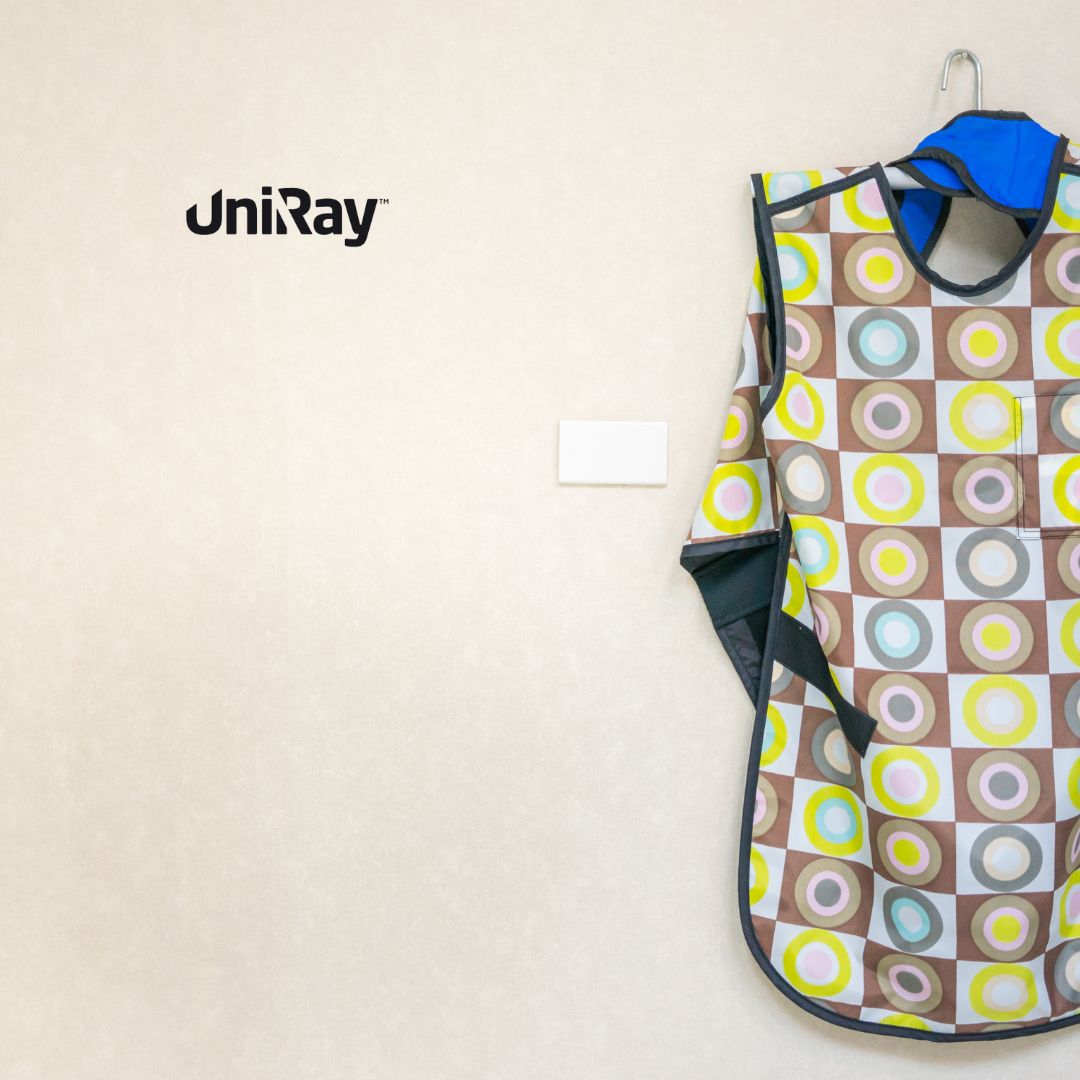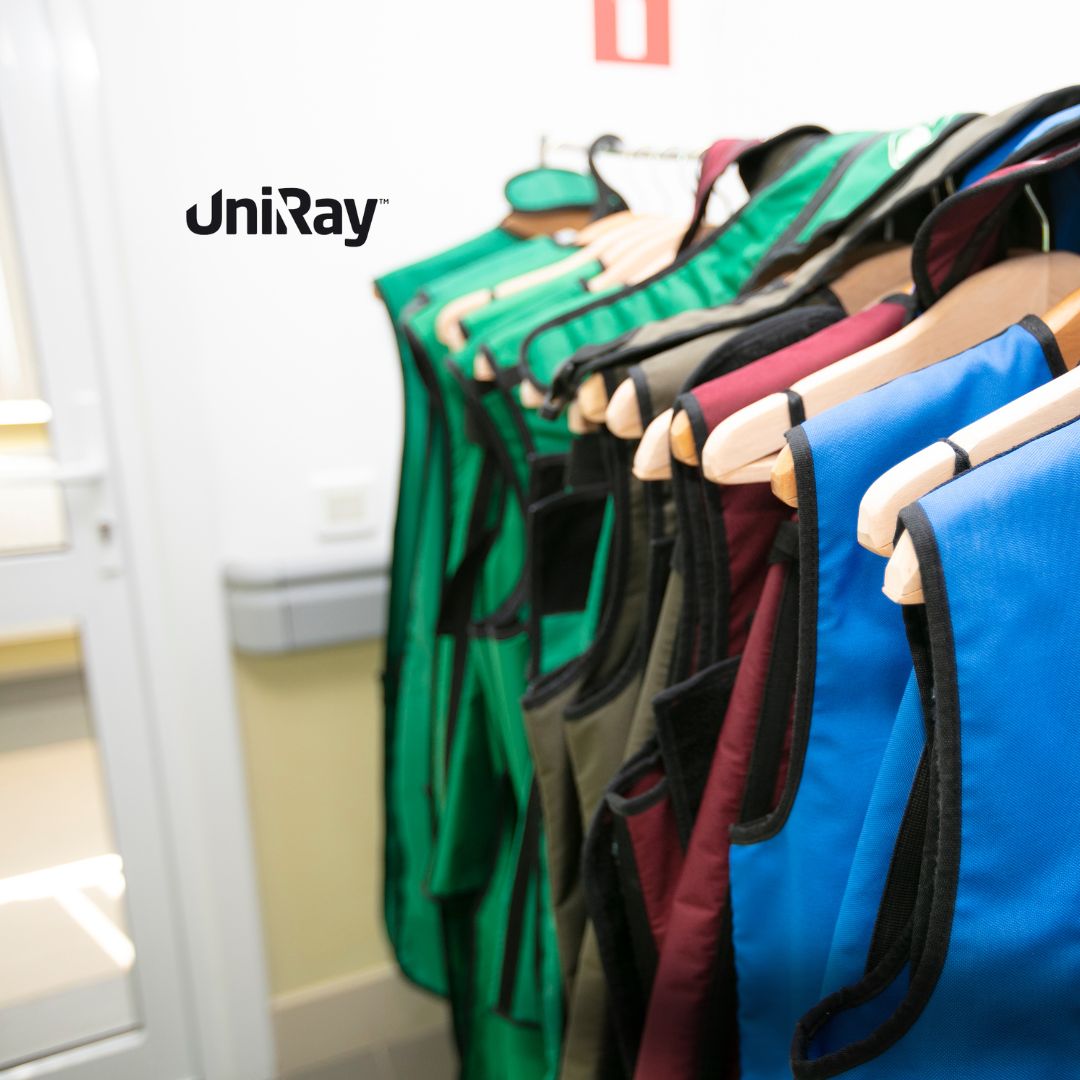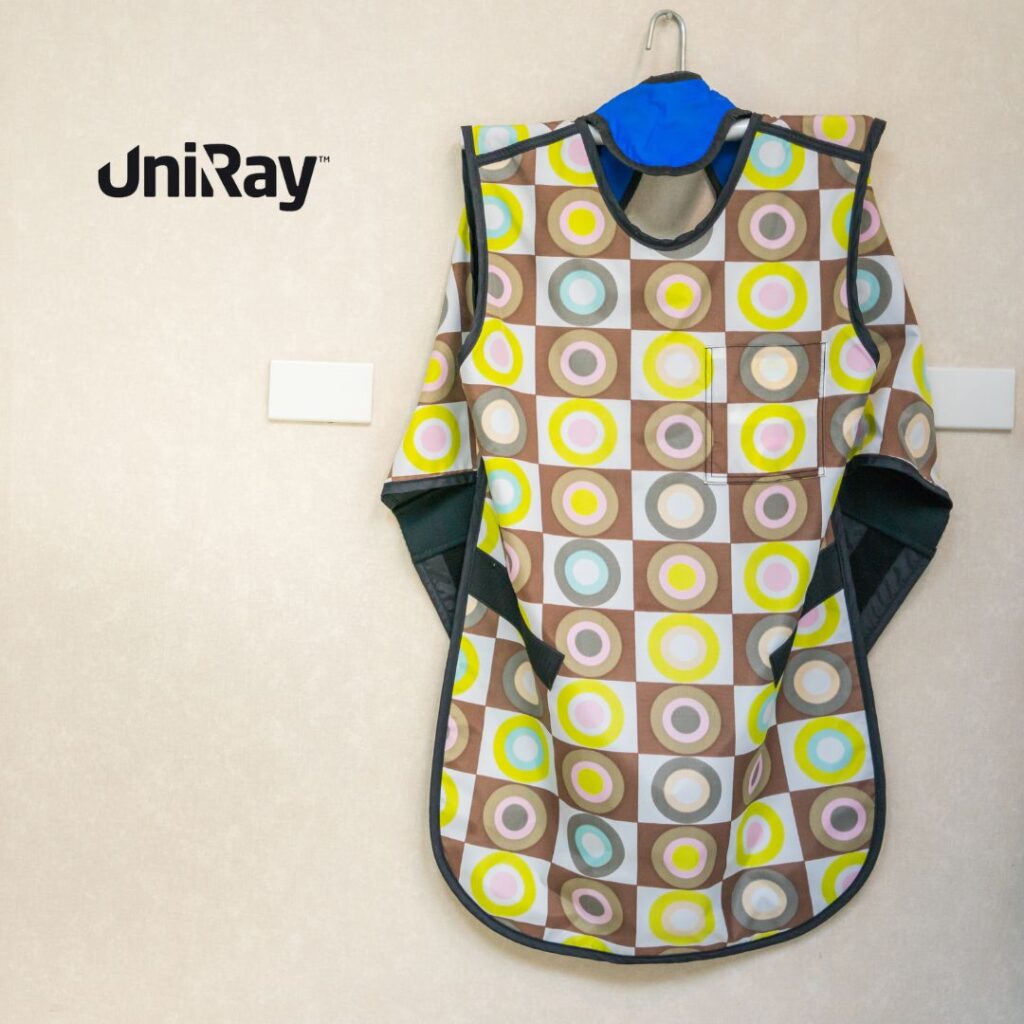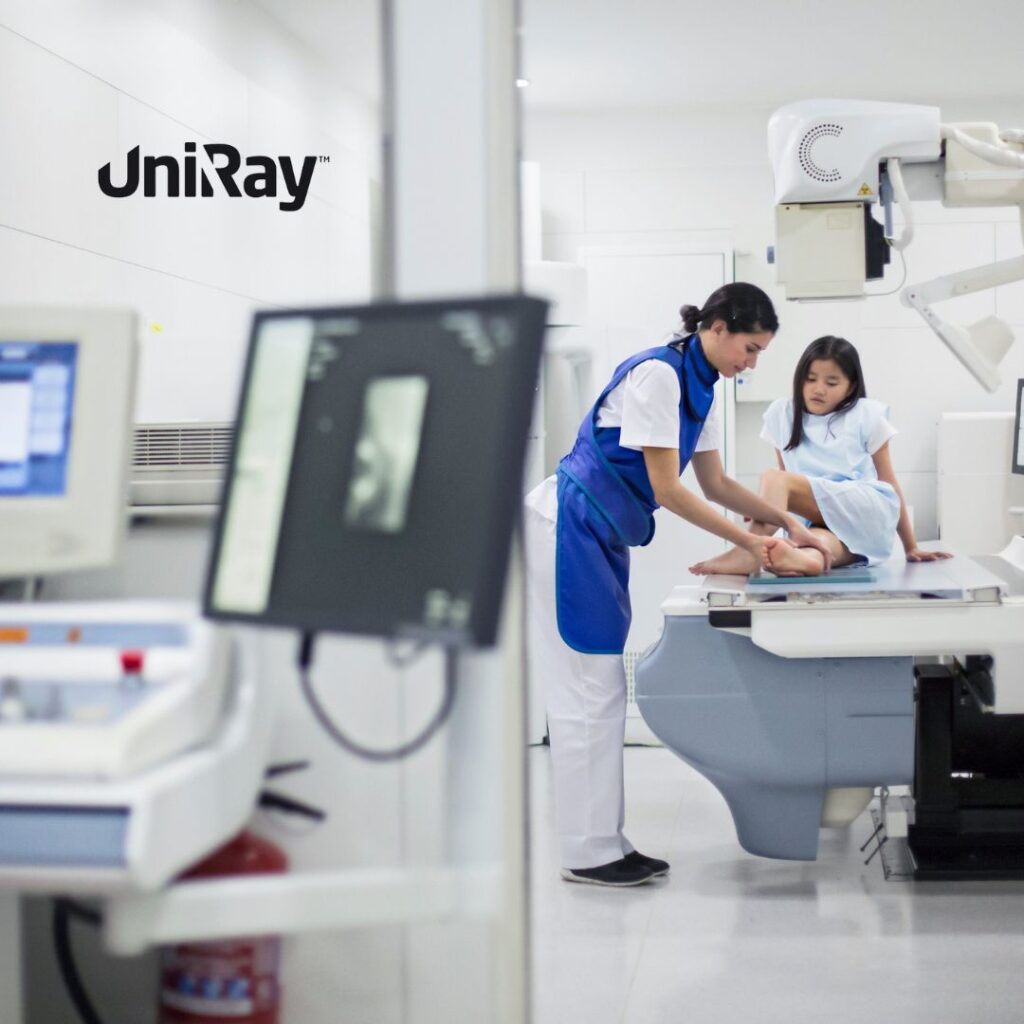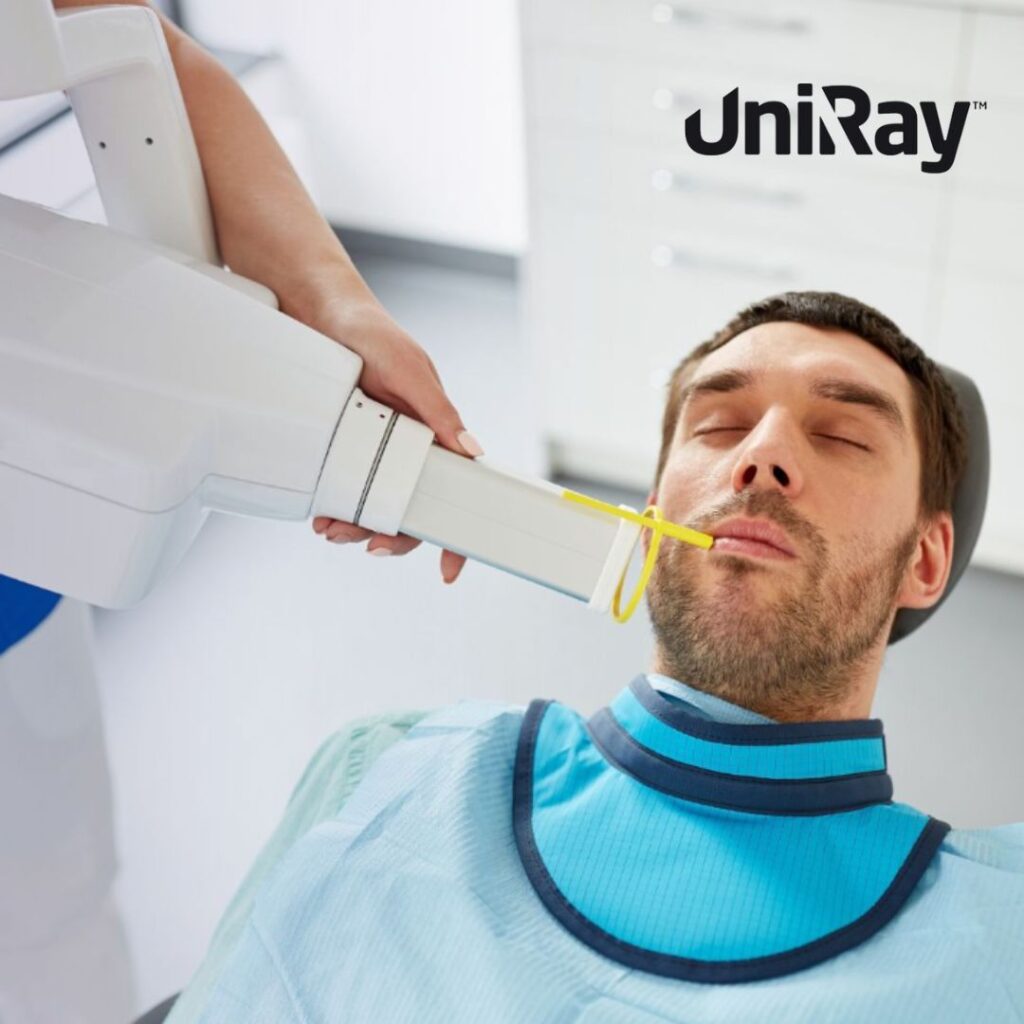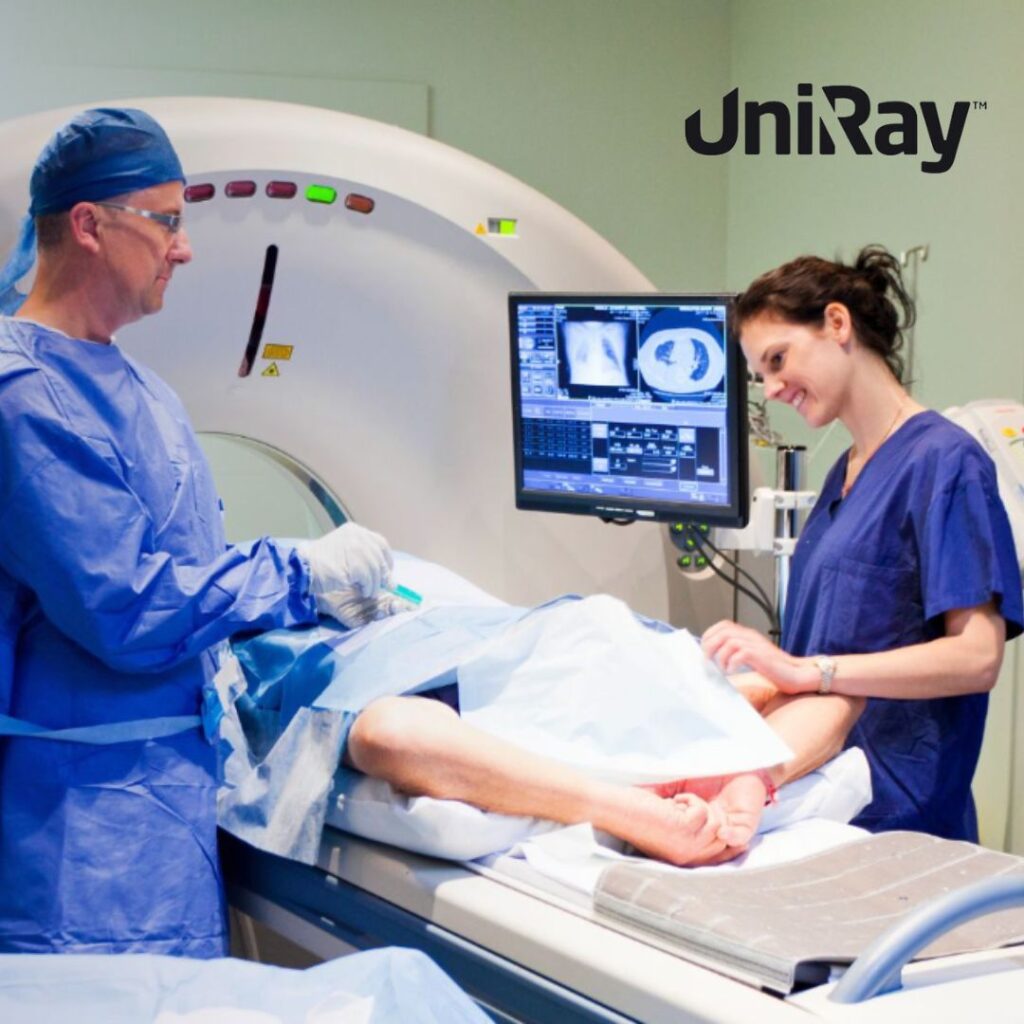In the healthcare sector, safety and hygiene are paramount. Among the many tools and protective equipment available, aprons play a critical role in ensuring the safety of medical professionals and patients alike. But did you know there are different kinds of aprons designed specifically for various medical applications? Understanding these options is essential to making an informed choice. Let’s explore the different types of aprons and their significance in healthcare settings.
1. Lead Aprons: Shielding Against Radiation
Lead apron are indispensable for professionals working in radiology and diagnostic imaging. Designed to shield against harmful radiation, these aprons protect vital organs from exposure during X-rays, CT scans, and fluoroscopic procedures.
Key Features:
Constructed with lead or lead composite materials.
Available in various thicknesses, typically measured in millimeters of lead equivalence (0.25mm, 0.35mm, 0.5mm).
Often include thyroid collars and lead gloves for added protection.
Applications:
Radiology departments
Dental clinics
Operating rooms using imaging equipment
2. Rubber Aprons: Chemical Protection
Rubber aprons are ideal for healthcare professionals handling chemicals, cleaning agents, or infectious materials. These aprons are waterproof and resistant to a wide range of chemicals, ensuring the wearer remains safe in challenging environments.
Key Features:
Made from high-quality rubber or PVC materials.
Resistant to acids, alkalis, and disinfectants.
Easy to clean and maintain.
Applications:
Laboratory settings
Sterilization units
Chemical handling areas
3. Disposable Aprons: Hygienic and Convenient
Disposable aprons are widely used in healthcare for single-use applications. These lightweight aprons are made from polyethylene or other disposable materials, ensuring hygiene and reducing the risk of cross-contamination.
Key Features:
Cost-effective and easy to use.
Provide a barrier against fluids and light contamination.
Available in rolls or individually packed.
Applications:
Outpatient clinics
Emergency rooms
Surgery prep areas
4. Cloth Aprons: Reusable and Comfortable
Cloth aprons offer a comfortable and eco-friendly option for non-hazardous applications. Often made from cotton or polyester blends, these aprons are durable and easy to launder.
Key Features:
Lightweight and breathable.
Often include pockets for carrying small tools or supplies.
Suitable for non-sterile environments.
Applications:
Nursing stations
General caregiving roles
Administrative areas
5. Radiation-Resistant Aprons: Advanced Protection
Beyond standard lead aprons, advanced radiation-resistant aprons are designed for prolonged use and enhanced comfort. These aprons incorporate lighter materials without compromising protection.
Key Features:
Made with lead-free or low-lead materials.
Ergonomic design to reduce strain during extended use.
Provide full-body protection, including wrap-around options.
Applications:
Interventional radiology
Cardiac catheterization labs
Oncology departments
6. Surgical Aprons: Sterile and Safe
Surgical aprons are designed for use in operating rooms to maintain a sterile environment. These aprons provide full-body coverage and are often reinforced in high-risk areas.
Key Features:
Made from sterile, fluid-resistant materials.
Designed for single use to ensure sterility.
Provide high mobility for surgeons and assistants.
Applications:
Operating rooms
Surgical preparation areas
Specialized procedures
7. Heavy-Duty Aprons: Maximum Durability
For demanding environments, heavy-duty aprons offer robust protection. These aprons are suitable for situations requiring exposure to heavy fluids or prolonged wear.
Key Features:
Reinforced seams for extra durability.
Resistant to punctures and tears.
Often equipped with adjustable straps for a secure fit.
Applications:
Emergency response units
Intensive care units
Pathology labs
How to Choose the Right Apron for Your Needs
Selecting the right apron depends on the specific tasks and risks associated with your role. Consider the following factors:
Material: Ensure the apron’s material is suitable for the environment (e.g., lead for radiation, rubber for chemicals).
Comfort: Look for ergonomic designs and lightweight options for extended use.
Hygiene: Opt for disposable aprons for high-contamination areas or cloth aprons for general caregiving.
Durability: For heavy-use environments, choose aprons with reinforced seams and robust materials.
Conclusion
Different kinds of aprons are vital in healthcare, providing protection and ensuring the safety of medical professionals and patients. Whether you need radiation protection, chemical resistance, or sterile solutions, choosing the right apron is crucial.
At Uniray Medical, we offer a wide range of aprons tailored to meet the unique needs of healthcare professionals. Explore our collection to find the perfect apron for your requirements and ensure maximum safety and comfort in your daily practice.
